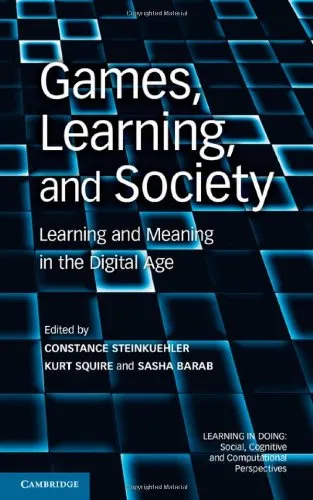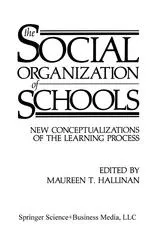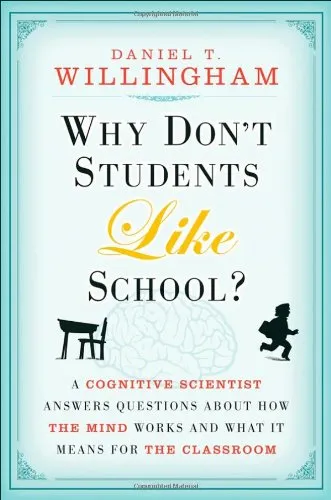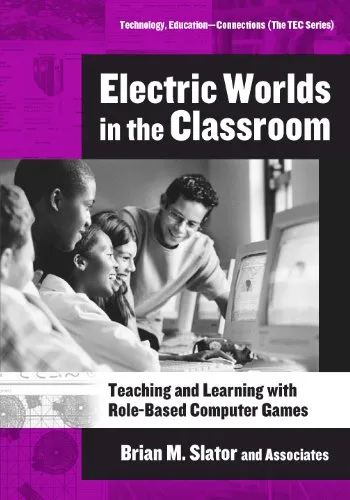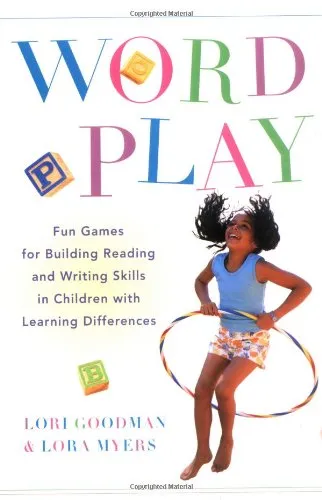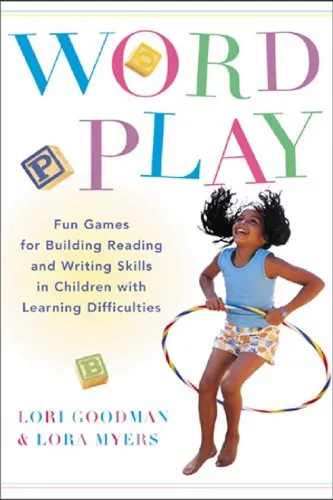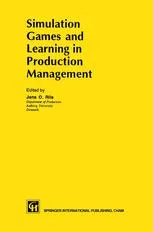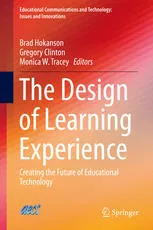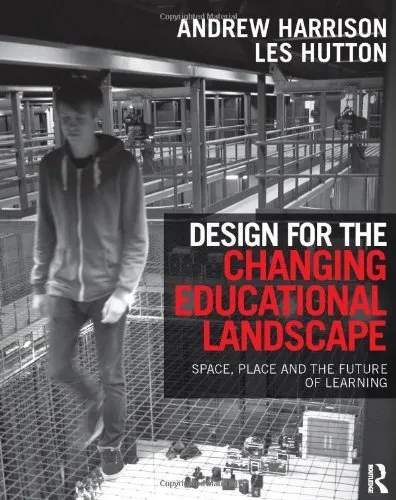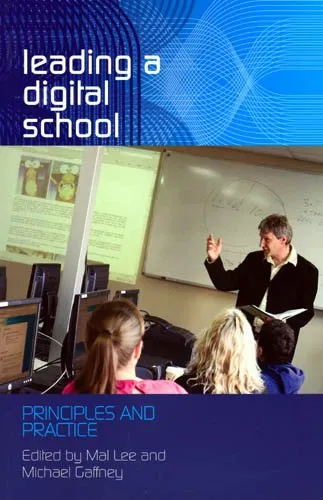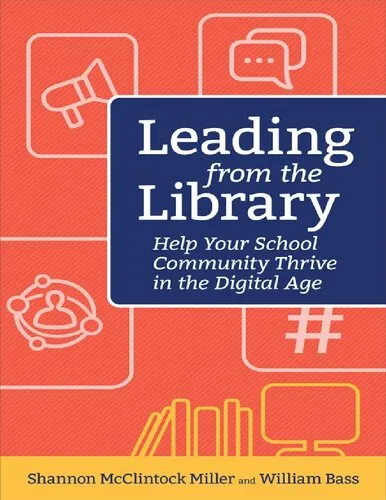Games, Learning, and Society: Learning and Meaning in the Digital Age
4.5
Reviews from our users

You Can Ask your questions from this book's AI after Login
Each download or ask from book AI costs 2 points. To earn more free points, please visit the Points Guide Page and complete some valuable actions.Related Refrences:
Introduction to "Games, Learning, and Society: Learning and Meaning in the Digital Age"
Welcome to the fascinating world of "Games, Learning, and Society: Learning and Meaning in the Digital Age," a groundbreaking exploration of how games are transforming education, social interactions, and meaning-making in the digital age. Authored by prominent researchers in education and digital media—Constance Steinkuehler, Kurt Squire, Ph.D., and Sasha Barab, Ph.D.—this book bridges the domains of technology, pedagogy, and cultural studies to present an interdisciplinary perspective on the purposeful role of video games in learning and societal development.
This volume is not just a deep dive into the mechanics and affordances of gaming, but also a celebration of the rich potential they hold to encourage critical thinking, collaboration, and creativity. In a world increasingly defined by digital interactions, games are emerging as cultural artifacts and powerful tools for education. The book investigates why this is the case and, perhaps more importantly, how we can leverage games to make meaningful contributions to society.
Summary of the Book
"Games, Learning, and Society" is a collection of essays by leading thinkers in the fields of gaming, education, and sociocultural studies. Each chapter examines a different aspect of the interplay between games and learning, painting a comprehensive picture of the roles games play in education and beyond.
The book delves into a variety of topics, including how games can cultivate engagement and motivate learners, how virtual spaces foster social skills and teamwork, and how digital media reshape the traditional boundaries of classrooms. It also addresses the broader implications of gaming culture, such as the power of community-building within massively multiplayer online games (MMOGs) and the emergent norms and values that players create within these environments.
The authors showcase research-based evidence tracking the growing alignment of games with progressive educational theories. They argue that games are uniquely positioned to help “flatten” hierarchies within learning spaces, empower learners to explore complex systems, and push them toward mastery through adaptive challenges. Overall, the book serves as both a theoretical and practical guide for educators, game designers, and policymakers interested in the educational uses of digital games.
Key Takeaways
- Games offer dynamic, responsive environments where learners can engage in problem-solving and systems thinking.
- The role of games extends beyond entertainment—they foster sociocultural engagement and authentic learning experiences.
- Digital games support diverse forms of play, autonomy, and experimentation, which are essential for knowledge construction.
- Educators and game designers have the opportunity to co-create learning environments that harness the intrinsic motivational elements of play.
- The lessons learned from gaming culture, such as collaboration and immersion, have practical applications for real-world problem-solving.
Famous Quotes from the Book
“We are designing for a generation of learners who are no longer passive absorbers of content; they are active participants in their own meaning-making.”
“Games are not merely engines of escapism, but ecosystems of exploration—a place where failure is embraced as a step toward mastery.”
“Through games, we teach not by telling, but by allowing learners to experience, experiment, and engage firsthand.”
“The power of digital games lies not just in their ability to teach, but in shaping how we think about what learning itself means in the 21st century.”
Why This Book Matters
"Games, Learning, and Society: Learning and Meaning in the Digital Age" arrives at a time when education is being fundamentally redefined. In an era where traditional approaches to teaching are proving insufficient in preparing students for the complexities of the modern world, this book highlights the benefits of blending education with play, curiosity, and exploration. It matters because it recognizes the power of gaming as a medium for teaching crucial 21st-century skills like adaptability, collaboration, systems thinking, and creativity.
Furthermore, it challenges widespread misconceptions about gaming, elevating the discourse beyond trivialization. The authors make a compelling case for why gaming should be taken seriously as both an educational platform and a cultural phenomenon, inspiring researchers, educators, and game developers to think critically about how they can use games to make a broader impact.
In essence, this book is an invitation to reimagine how we approach learning—through the lens of digital interactivity and engagement. It equips readers with the framework and language needed to advocate for games as transformative tools not just in classrooms, but in workplaces, communities, and beyond. By doing so, it reshapes the narrative of learning, paving the way for innovative pedagogical models in the digital age.
Free Direct Download
You Can Download this book after Login
Accessing books through legal platforms and public libraries not only supports the rights of authors and publishers but also contributes to the sustainability of reading culture. Before downloading, please take a moment to consider these options.
Find this book on other platforms:
WorldCat helps you find books in libraries worldwide.
See ratings, reviews, and discussions on Goodreads.
Find and buy rare or used books on AbeBooks.
1332
بازدید4.5
امتیاز0
نظر98%
رضایتReviews:
4.5
Based on 0 users review
Questions & Answers
Ask questions about this book or help others by answering
No questions yet. Be the first to ask!
